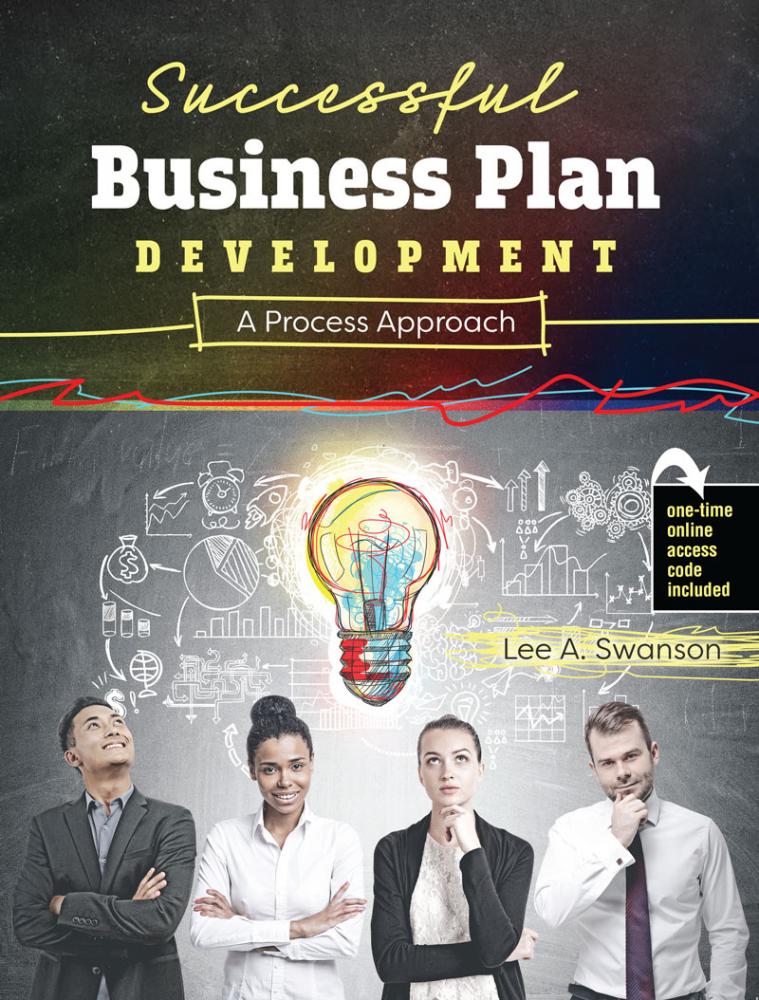
Unlocking Business Potential: A Comprehensive Guide to Business Plan Development
Starting and growing a successful business requires strategic planning, and a well-crafted business plan is the cornerstone of that strategy. In this article, we’ll delve into the key aspects of business plan development, guiding you through the process of creating a roadmap for your business success.
Understanding the Importance of a Business Plan
A business plan serves as a roadmap for entrepreneurs, outlining the goals, strategies, and financial projections of a venture. It is a crucial document that not only helps in securing funding but also provides a clear direction for the business’s future. Let’s explore the essential components that make a business plan effective.
Key Components of a Business Plan
Executive Summary:
The executive summary is a concise overview of your business, highlighting its mission, vision, and the problem it aims to solve. It provides a snapshot of your business and sets the tone for the rest of the plan.
Business Description:
Dive deeper into the nature of your business. Define your industry, target market, and competitive landscape. Explain what makes your business unique and how it stands out in the market.
Market Analysis:
Conduct a thorough analysis of your industry and target market. Identify your competitors, analyze market trends, and showcase your understanding of the dynamics that will influence your business.
Organization and Management:
Outline your business’s structure, key team members, and their roles. Highlight the skills and expertise that make your team well-equipped to execute the business plan successfully.
Products or Services:
Provide detailed information about the products or services your business offers. Explain how they meet the needs of your target market and what sets them apart from alternatives in the market.
Marketing and Sales Strategy:
Detail your plan for reaching and acquiring customers. Define your marketing channels, sales tactics, and promotional strategies. Include any partnerships or collaborations that enhance your market reach.
Financial Projections:
Present realistic financial forecasts, including income statements, balance sheets, and cash flow statements. Investors want to see that you’ve thoroughly considered the financial aspects of your business.
Crafting a Compelling Business Plan
Successful business plans are not just about data; they tell a compelling story about your business. Ensure your business plan is well-organized, easy to read, and visually appealing. Use charts and graphs to illustrate key points, and be concise while providing enough detail to showcase your expertise.
Business Plan Development: A Continuous Process
Remember that a business plan is not a one-time task. It should be a living document that evolves with your business. Regularly review and update your plan to reflect changes in the market, industry, or internal operations. By doing so, you’ll ensure that your business remains on the path to success.
Conclusion: Taking the Next Steps
Now equipped with insights into business plan development, it’s time to take action. Whether you’re a startup seeking funding or an established business looking to pivot, a well-crafted business plan is your compass. Take the initiative to begin or refine your business plan, and set your venture on the path to sustainable growth.
To explore more about business plan development and gain additional insights into business success strategies, visit RockawayUpperCrust.com.




